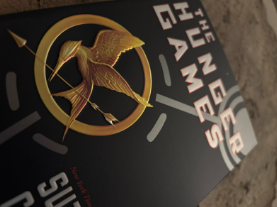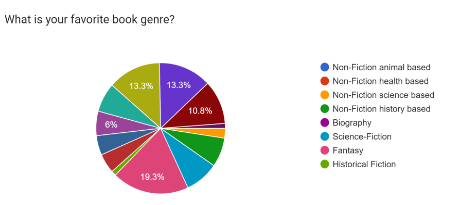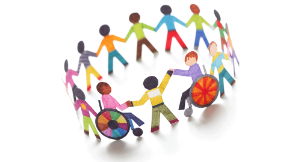The first books that are introduced to children usually consist of classics like The Giving Tree, Where the Wild Things Are, Charlotte’s Web, and so on. In all of these stories there is an underlying theme, about forgiveness, selflessness, and uniqueness. Often as children grow social pressure becomes more prevalent. Today there are trends people feel pressured to follow and standards that some may feel they must upkeep. As the world around changes, it is imperative that people remember these lessons that they have learned.
Stories are no doubt prevalent in history and society. This is where myths originate and what has guided so many in the past. In modern times, stories are more or less overlooked. Children’s stories, while they are often simple, teach most people morals that they will hold with them over the course of their life.
In the United States a common children’s story is The Boy Who Cried Wolf. The story warns children against lying and the consequences that will follow suit if they do so. The Tortoise and the Hare illustrates how intense initial power does not guarantee success, and that taking time to work through things often holds more benefit.
Lower Dauphin student Lydia Mattson, a freshman, was asked what her favorite childhood book was, “My favorite childhood book was All The Places You’ll because it reminds me of happy memories with my Dad.”
While these stories do an excellent job of commenting on social interactions, there are also stories that comment on current crises as a warning to children. The most popular of these is Dr. Suess’s The Lorax. The book reveals the harm that over consumerism and large corporations have on the climate. It also showcases the greed that can take over people. Today, global warming is at an all time high, but so are the efforts to stop it.
Modern books are not the only influential stories that impact children though. Myths like Icarus and the story of Prometheus (and later Frankenstein) are well known for their influential messages. These are known as cautionary tales, with themes often centering around human greed and ignorance.
Student Zoe Wisniewski, a freshman, was asked what the best message she had read was, “The best one I’ve read is diversity in One Fish Two Fish, Red Fish Blue Fish.”
The impact these stories have had is incredibly profound. From guidance in uncomfortable social situations to words of caution about the world, these stories explain it in an easily digestible way.



















